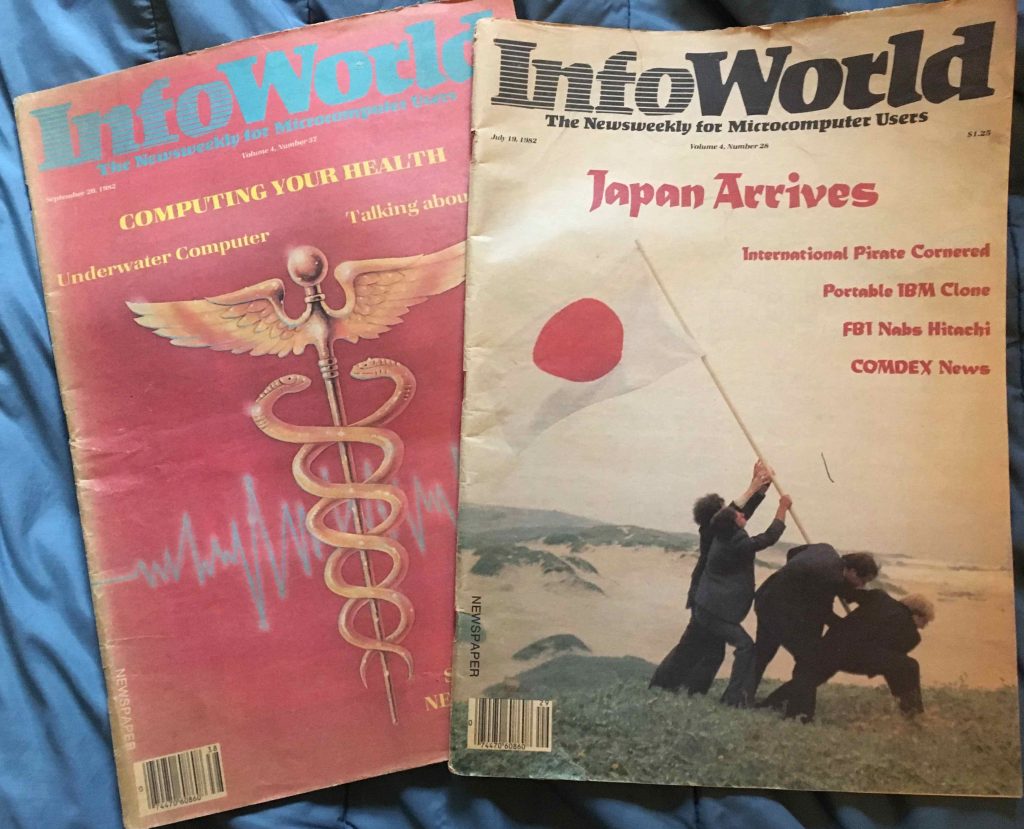In yesterday’s post, I quipped about how L&D wasn’t doing well, and I want to clarify my perspective. Because, you see, I’m an optimist! I really only complain to create improvement. And so let me wax philosophical about why we can and should be hopeful about L&D.
 Organizations need to learn. And they learn as a function of individuals learning, alone and together. This learning can be ineffective or effective; there are skills involved. And yet, assuming these skills isn’t a safe bet.
Organizations need to learn. And they learn as a function of individuals learning, alone and together. This learning can be ineffective or effective; there are skills involved. And yet, assuming these skills isn’t a safe bet.
And this is a big picture: it’s as much about informal learning as it is formal. Or, so should it be. We need to be ensuring our formal learning is working, but learning is a continuum that extends beyond the course. Evidence shows that we learn through social interaction and through our own work experience. If we only do formal, we’re missing a large part (estimates are around 80%).
And here’s the thing: who in the organization besides L&D should be doing this? Who else understands how we learn? Ideally, of course, we do know this, but let’s make that a working assumption (if you want help here, that’s what I do ;).
So, if we take what we know about learning, individual and social, and apply that, what happens? If we share policies and practices around tools that facilitate learning (curation, creation, collaboration), what is the organizational benefit? We can be facilitating and spreading best principles to optimize and accelerate organizational knowledge.
I want to suggest that facilitating the learning of the organization, particularly in this era of increasing change and competition, is the key to organizational success. Thus, L&D has the opportunity to be not peripheral but central! And that, to me, is not only desirable, but right.
Hence, I’m optimistic. And I’ll keep pushing us to achieve the potential that’s on the table. Ready to join me?




